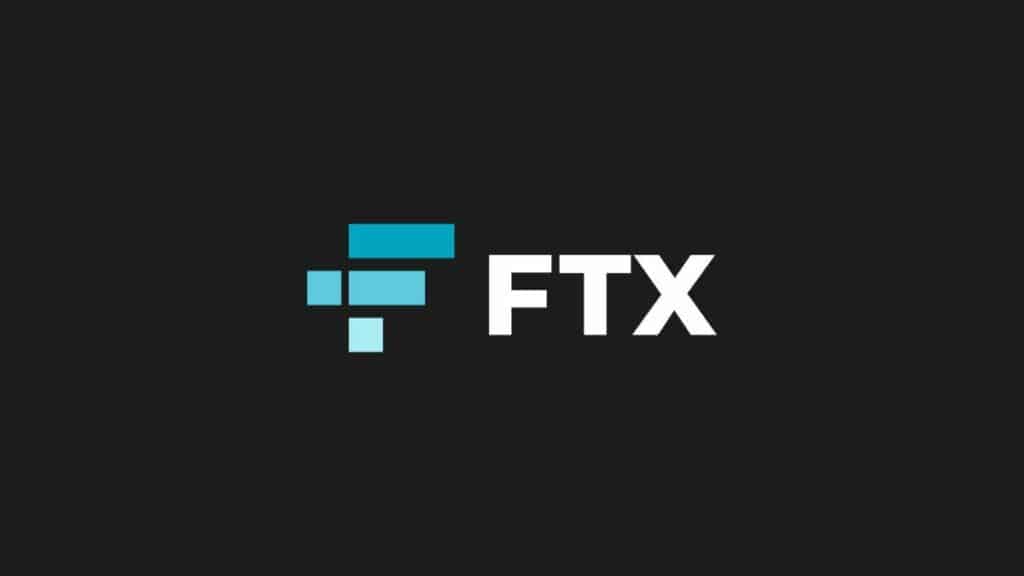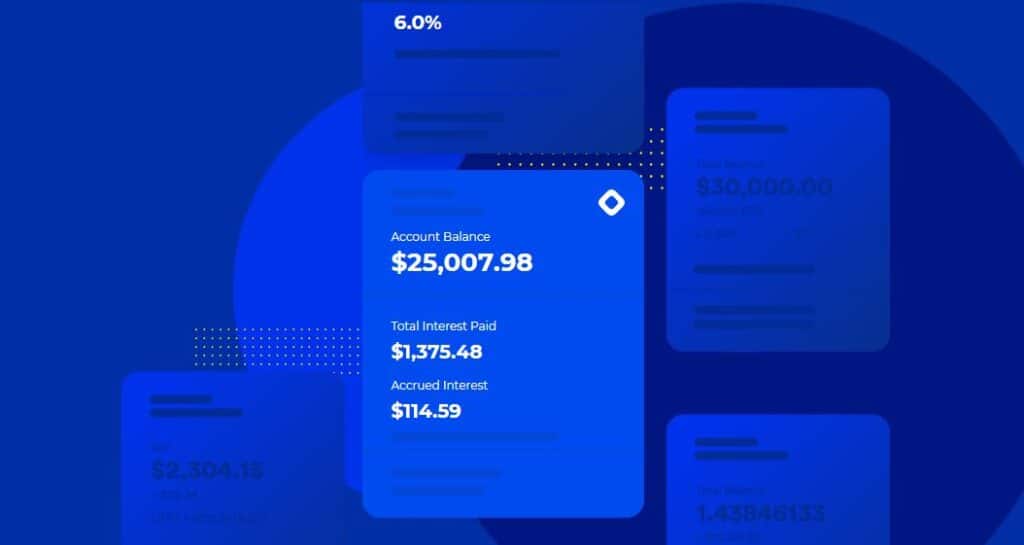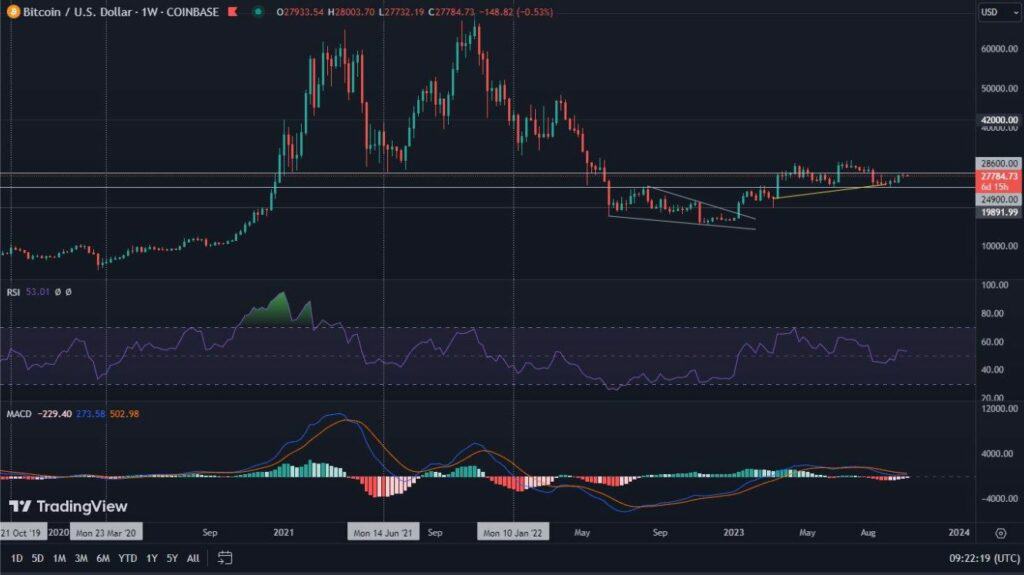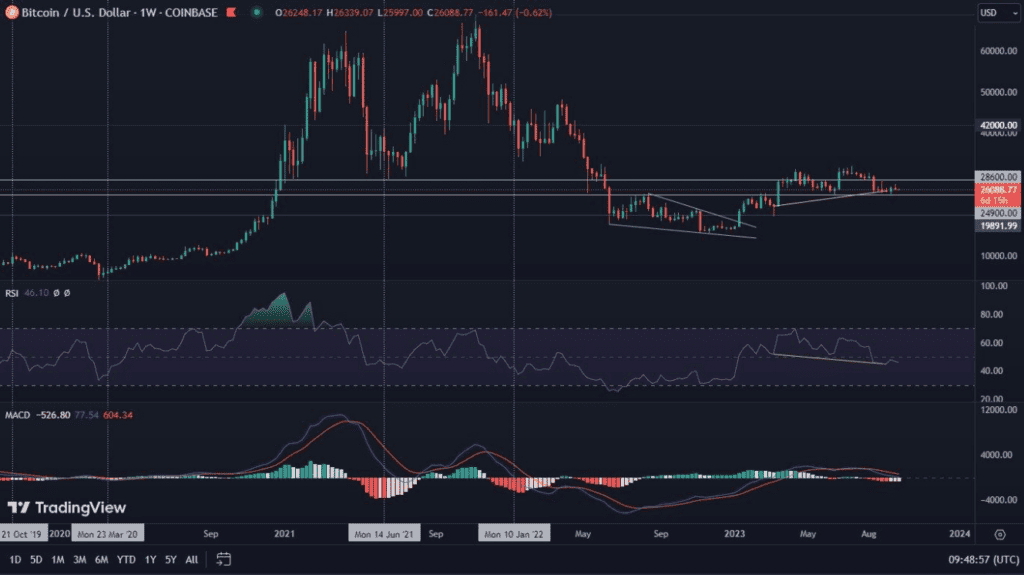Extraordinary changes are now taking place in Canada, which previously was pro crypto. The government under the act wants to stop funding protests. Bitcoin is also affected by the issue.
A state of emergency?
For the past few weeks, truck driver protests have been taking place across Canada, dubbed the “Freedom Convoy.” These protests are aimed at fighting restrictions related to the Covid-19 pandemic and have taken on an anti-government nature, with Prime Minister Justin Trudeau being the main target. The actions of the drivers and the citizens who support them are simple. They primarily include blocking Ottawa’s roads, honking their horns, and maintaining an attitude at odds with the pandemic restrictions in place.
Since the protests have been going on for a long time and the people involved are thus incurring costs, fundraisers are being organized for them. The government recognized this and decided to counteract. Trudeau, citing the Emergency Act of 1988, intends to cut off the protesters’ access to finances, which include cryptocurrencies. Under the act, the government has the power to freeze the protesters’ bank accounts without going through court procedures. It also opens the door for it to take many other actions.
Canada’s Deputy Prime Minister and Finance Minister Chrystia Freeland sums up the matter:
“We are expanding the scope of Canada’s anti-money laundering and anti-terrorism financial regulations to include crowdfunding platforms and the payment providers they use.” Later in her statement, she acknowledged that the measures would also apply to access to cryptocurrencies.
The new regulation comes into effect immediately. Even so, the government has a week to get full support from both the House of Commons and the Senate to do so.
What does this mean for the cryptocurrency market?
On February 4, one of the accounts of the GoFundMe platform supporting the financing of protests was closed. In its area, it was possible to fund the Freedom Convoy, also using Bitcoin. Now that the government has legal tools to counteract, similar cryptocurrency collections may become impossible. The procedure is the same as for traditional funding sources. The government also has power over the bank accounts of individuals affiliated with cryptocurrency companies.
However, given the decentralized nature of the cryptocurrency market, it can be assumed that Prime Minister Trudeau’s options are much narrower than the Act indicates. The direct transfer of funds using blockchain is still outside the jurisdiction of the authority. This is a good sign for cryptocurrencies as freedom currencies. The only question that remains is whether, over time, the Canadian government will move toward limiting the market’s capabilities.



























